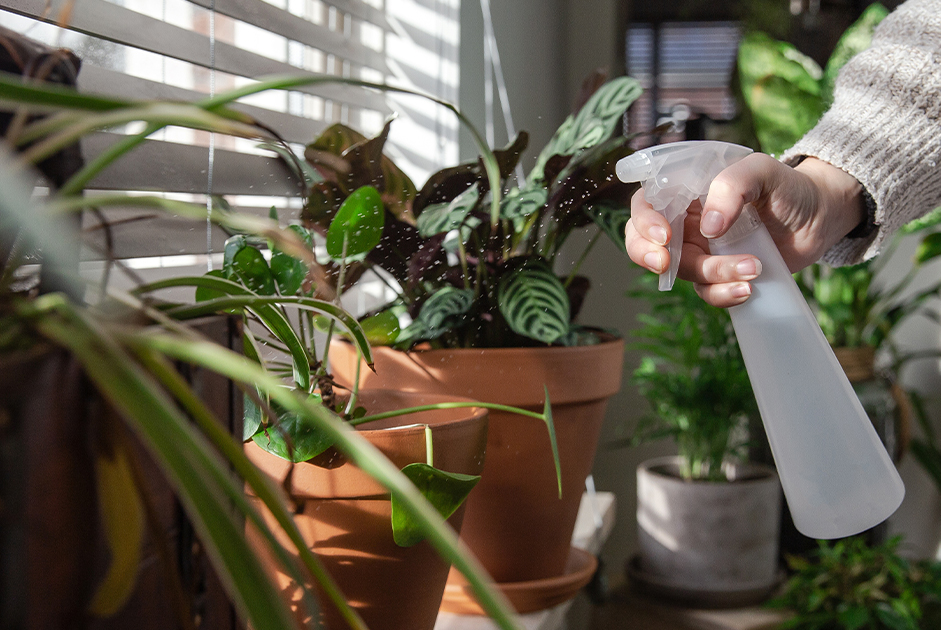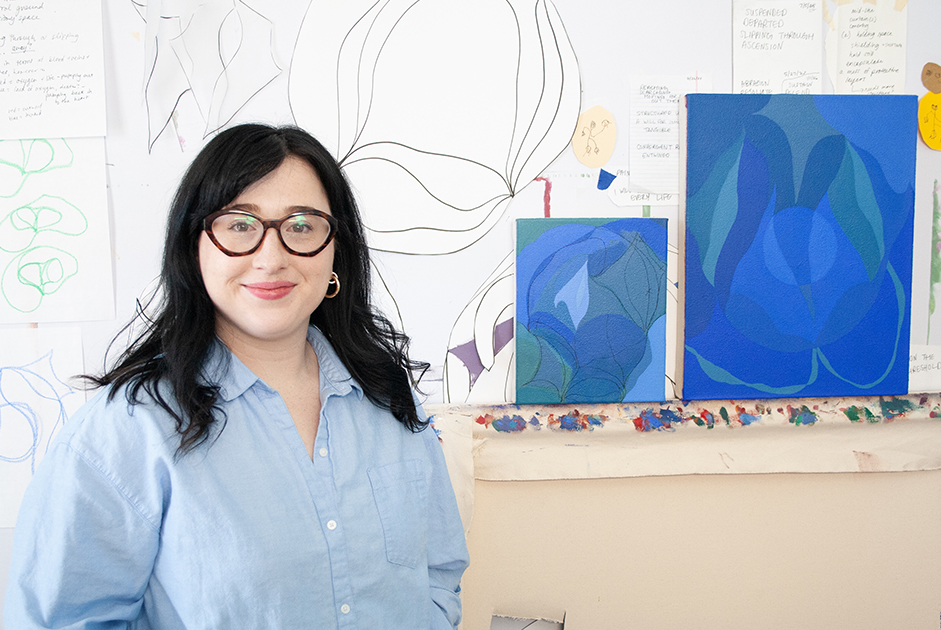In 2014, I began a new job that would have a profound impact on my life. As the new coordinator of a memory counseling program at a local hospital, I soon developed relationships with many caregivers – usually a husband or wife caring for their spouse or an adult child caring for a parent with some type of dementia. As I interacted with these caregivers one-on-one in the office, on the phone and in support
groups, I developed great empathy and a profound respect for those engaged in the labor of love we call caregiving. I’ve come to regard caregiving as one of the most difficult – and most important – jobs in the
world. And, that’s true whether the cared for person has dementia, a long-term condition such as Parkinson’s disease or is recovering from an accident or surgery.
Caregiving has been described as a journey. It’s not the “traveling-from-one-place-to-another” kind of journey. It’s a journey of compassion, walking alongside someone coping with illness or disability or the
effects of aging. But, caregiving is never just about the person needing care. No matter whom a person is caring for, or why, or for how long, the caregiving journey is always also about the caregiver. And while most caregivers do a spectacular job of taking care of their loved one, far too many don’t do nearly as good a job of taking care of themselves. Well meaning caregivers sometimes sacrifice their own physical, emotional, social and other needs, so they can pour all their energy and time into taking care of their loved one. While that sounds noble and loving, it’s really not. It actually puts the cared-for person at risk.
In my book, I challenge caregivers to rethink the importance of self-care, telling them:
Here’s the truth. If you ignore your own needs for restful sleep, healthy food, exercise, medical care, spiritual nurture and “time off,” sooner or later, you will be unable to go on meeting the needs of the person in your care. Unless you make caring for yourself a top priority, you may burn out or bail out. And, where would that leave the person you’re caring for?
When caregivers make their own well being a priority, they have more endurance to meet the challenges of caregiving. Being well rested and healthy helps keep their emotional and physical reserves from running out. It enables them to be the patient, loving and truly caring caregiver they want to be. But, sometimes caregivers think: “The needs of the person I’m caring for are so much greater than mine! How can I possibly put my needs ahead of theirs?” If that’s how they’re thinking, taking care of themselves feels selfish.
So, one goal of this faith-based mini-book is to convince caregivers that tending to their own health and well being actually helps protect that person they care for. To say that another way, caregivers need to
prioritize their own self-care so that they can keep on taking good care of the other person.
Do you know a caregiver who feels that self-care is “selfish?” If so, I hope you will share this message with them – self-care isn’t selfish at all; it’s an investment that will be repaid in a better quality of life for the caregiver and a better quality of care for their loved one. Self-care isn’t just smart – it’s necessary! That’s the key message of Caregiving: Taking Care of Yourself While Caring for Someone Else.
Caregiving is never just about the person needing care. No matter who a person is caring for, or why, or for how long, the caregiving journey is always also about the caregiver.




















